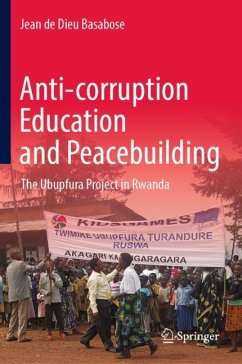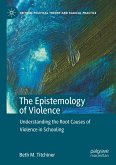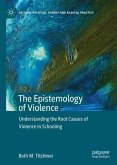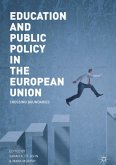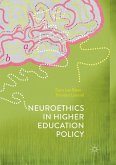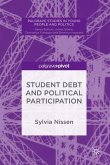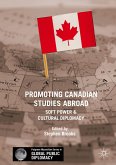This study explores corruption in Rwanda and highlights the necessity of developing anti-corruption education as a way of combating corruption. It argues that an effective campaign against corruption should consider promoting anti-corruption education with the aim of enabling present and future generations to maintain and live out the Ubupfura (meaning "trust/respect") ethical values. Considering the link between anti-corruption and peacebuilding efforts, as explained in this study, it is underlined that continuous efforts to raise such generations could undoubtedly move Rwandan society toward a sustainable peace. Peacebuilders, anti-corruption agents, and public policymakers are the primary beneficiaries of the study.
Bitte wählen Sie Ihr Anliegen aus.
Rechnungen
Retourenschein anfordern
Bestellstatus
Storno

